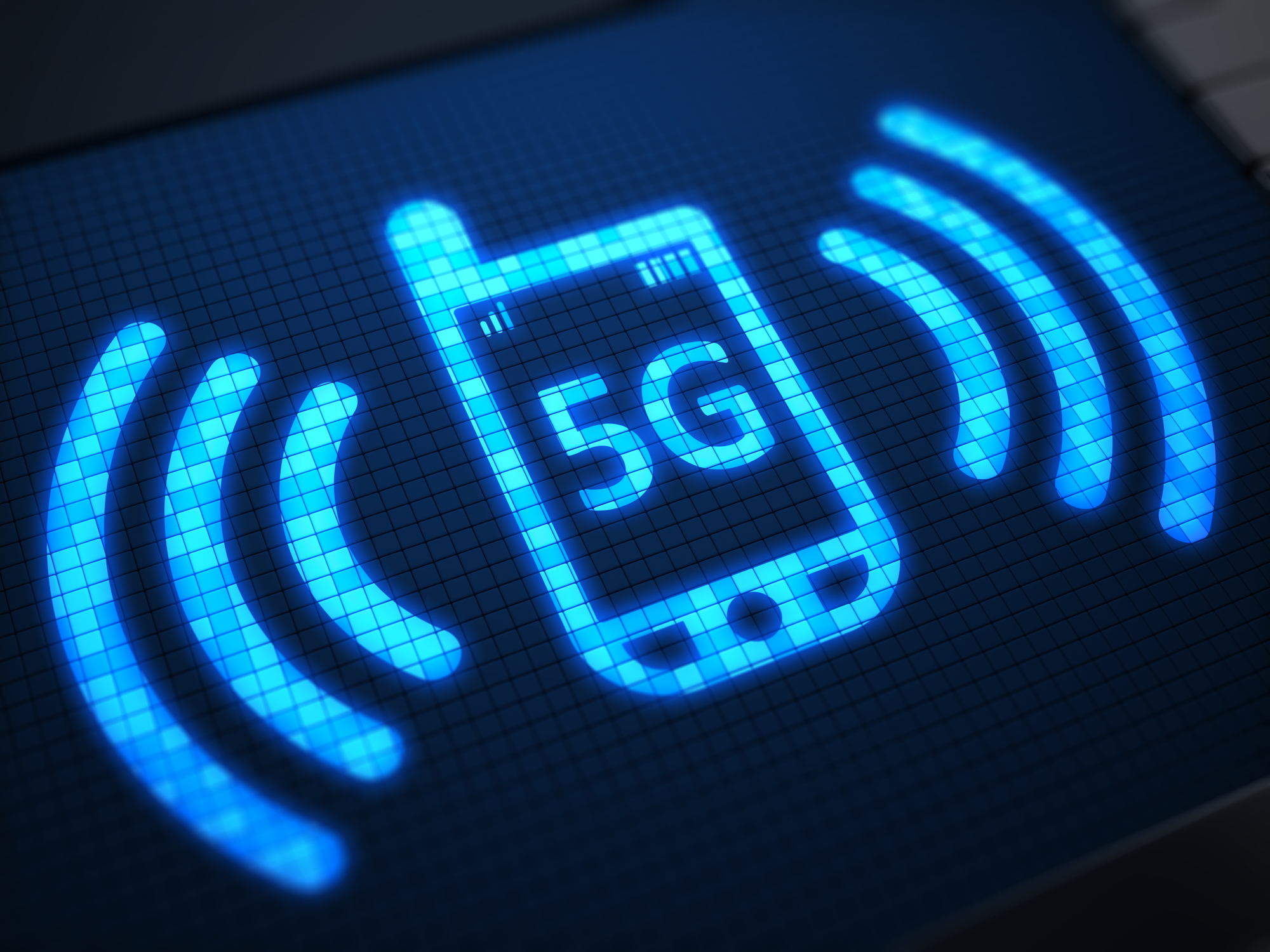The highly competitive nature of the U.S. mobile wireless business continues as Verizon announced today that it is deploying 5G in the CBRS spectrum band and T-Mobile said it achieved speeds above 3 Gbps on a production network using 5G carrier aggregation.
Verizon 5G in CBRS Band
Verizon said it worked with Ericsson to complete a 5G data session using CBRS General Authorized Access (GAA) spectrum, which is mid-band spectrum that is essentially available on an unlicensed basis. The company will be able to use the spectrum to augment the licensed spectrum that it has in the same band. Verizon was a big winner in the CBRS auction of 2020.
Verizon’s plan is to use CBRS spectrum for Ultra Wideband 5G, which is the term the company uses for the higher-speed 5G service that it has deployed using millimeter wave spectrum and in the company’s C-band spectrum, which is considered mid-band.
The latest CBRS test paves the way for Verizon to deploy 5G in the band, said Kyle Malady, Verizon EVP and president of Global Networks and Technology, in a press release.
Deploying 5G in the CBRS band “further strengthens our already robust spectrum portfolio and will lead to an even better customer experience when using Verizon 5G Ultra Wideband,” he said.
T-Mobile 5G Carrier Aggregation
T-Mobile said its 5G carrier aggregation achievement was only possible using the company’s standalone 5G network.
The company merged three channels of mid-band spectrum – two channels in the 2.5 GHz band and one channel of 1900 MHz spectrum – to create what was essentially a single 210 MHz channel. The test used a Samsung Galaxy S22 device powered by Snapdragon 8 Gen 1 Mobile Platform with Snapdragon X65 Modem-RF System.
In a press release, T-Mobile said it already uses carrier aggregation to combine two 2.5 GHz 5G channels for “greater speeds, performance and capacity.” The company expects to begin adding a third 1900 MHz 5G channel later this year.
Initially customers will require the Samsung Galaxy S22 to get the benefits of three-carrier 5G aggregation but later this year, T-Mobile expects additional devices to support that capability.


